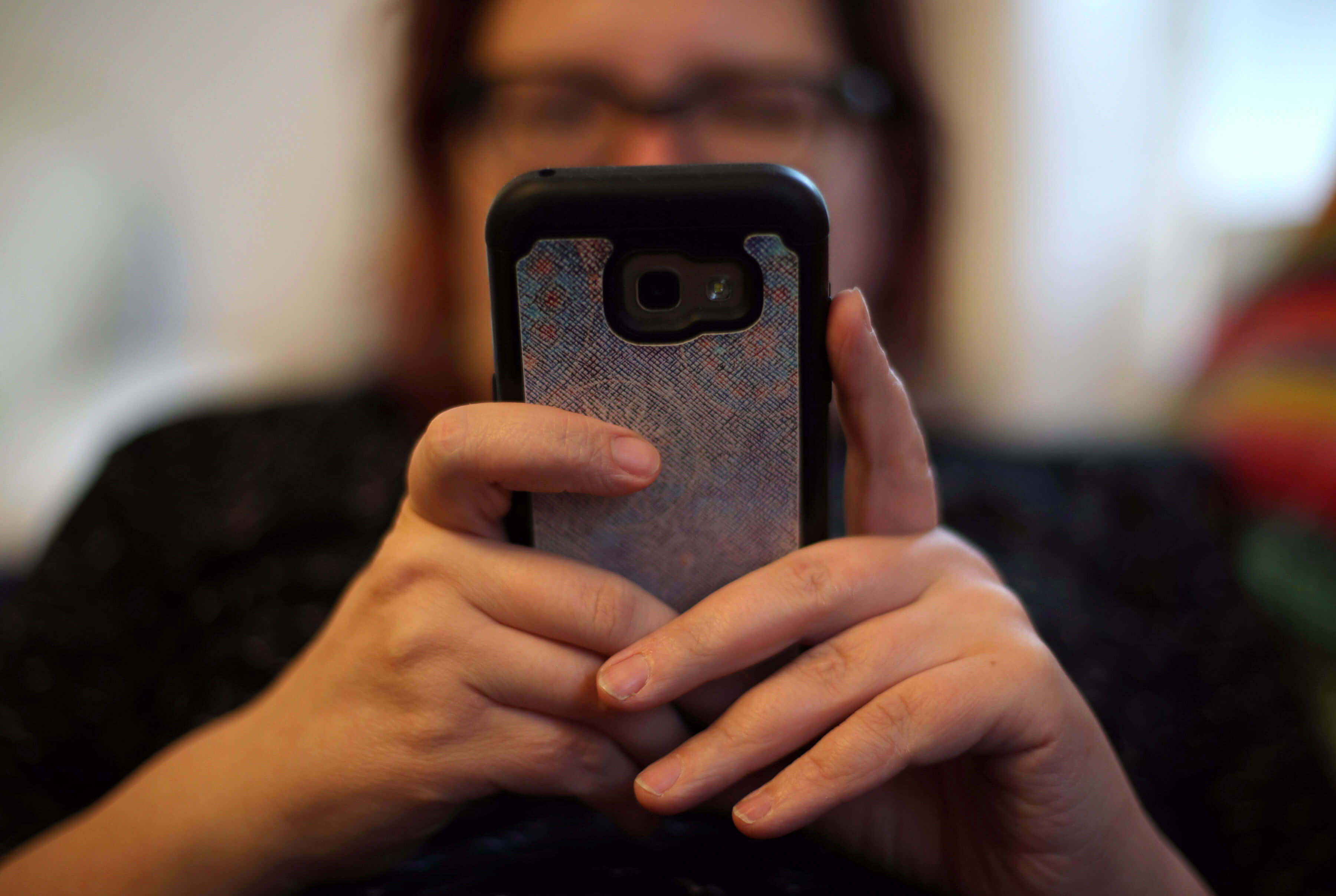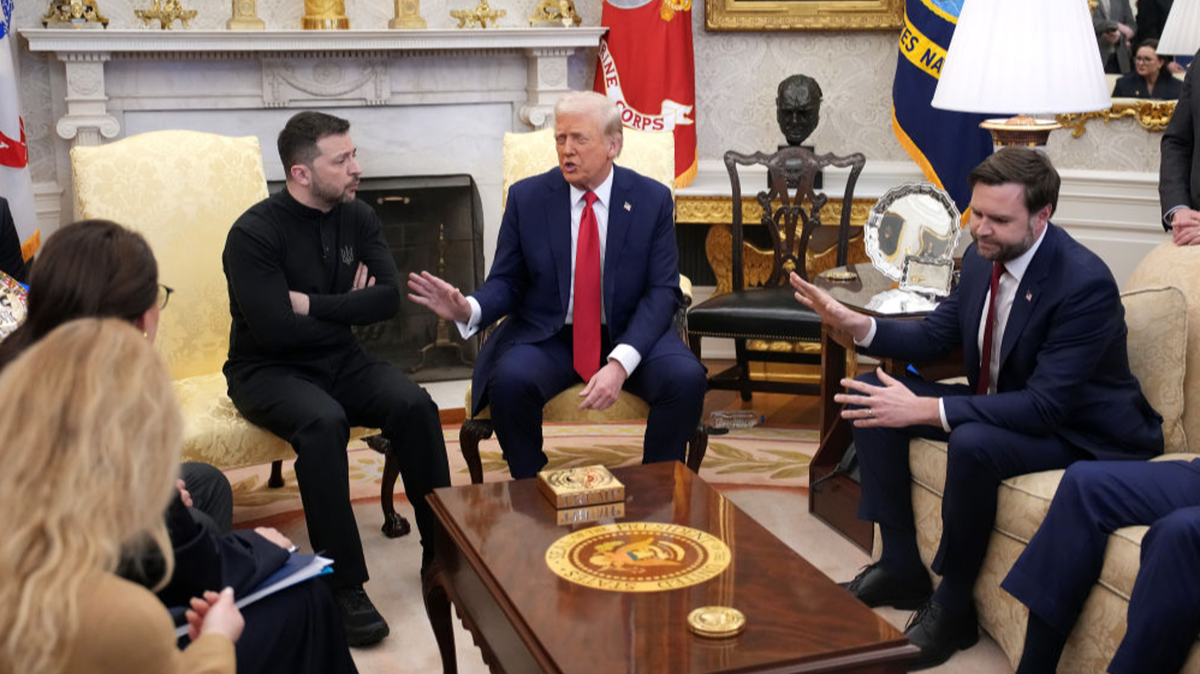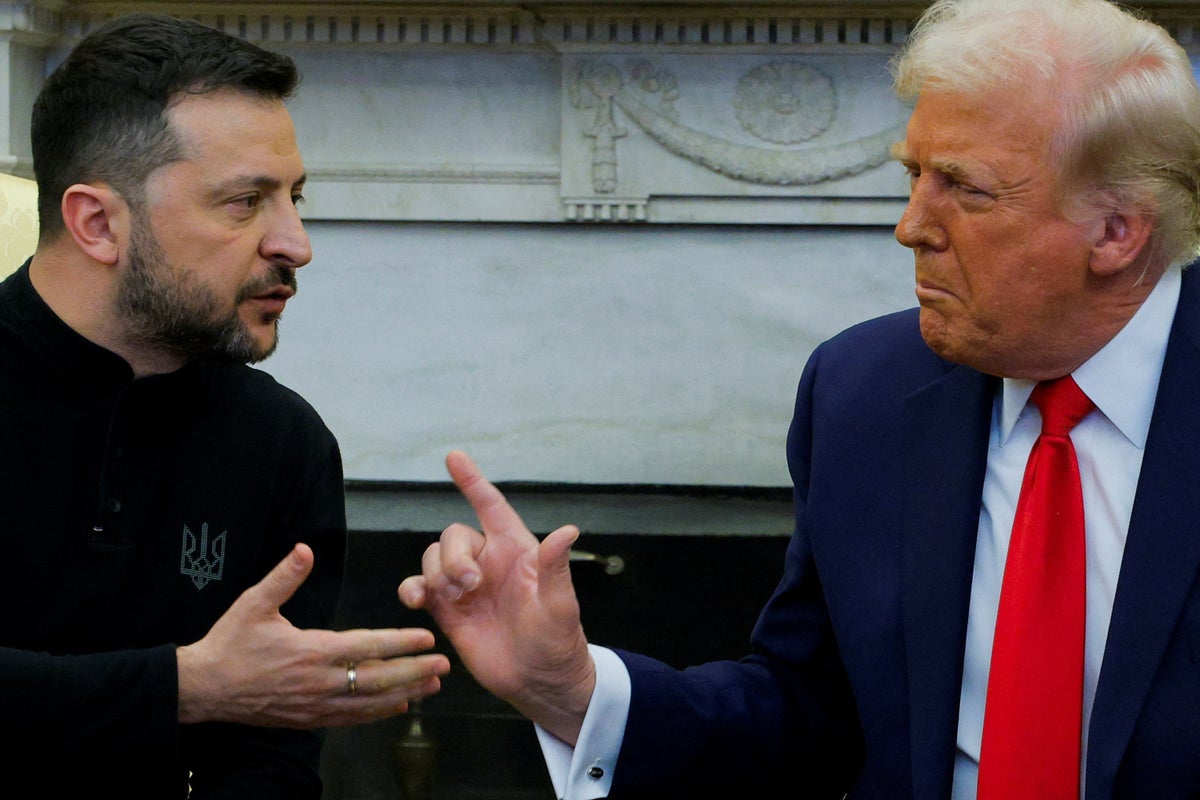Moderna is gambling on China as other US companies pull back

It was a Chinese media outlet that reported that Chief Executive Stéphane Bancel was visiting Shanghai to sign a pact with local authorities for Moderna to research, develop and manufacture medicines for China using the same messenger RNA technology that produced the Covid-19 vaccine.
“We never communicated about China,” Bancel recalled in an interview. “The Chinese government did.”
While many Western companies are picking up stakes in China, U.S.-based drugmakers are planting roots. The sales opportunity is huge and growing. But to capitalize on it, firms must navigate fraught relations between the two countries, as well as complicated dynamics inside China and tense politics back home.
Among the knotty issues confronting pharmaceutical companies seeking a valuable piece of the $311 billion market are political pushback in the U.S. and the risk of intellectual-property theft in China.
Bancel said the company doesn’t plan to transfer its proprietary mRNA technology to the Chinese, who he said haven’t made that a condition of Moderna doing business there. But he said Moderna has put in place extra layers of protection against hackers in a number of countries including China.
“Some of it we even have on a piece of paper because we know it’s easier to steal data online than a piece of paper in somebody’s closet with a good lock,” Bancel said. “There’s always risk.”
Moderna’s recent efforts to gain a foothold in China show the opportunities and challenges for Western industry in the country. Revenue from China could provide a big boost to the company, which has been dealing with slowing sales of the company’s Covid-19 vaccine in the U.S. and a sluggish launch for a new RSV shot.
Yet to operate in China, the company has added layers of security to protect its innovation. Meanwhile, a key U.S. lawmaker—Sen. Marco Rubio (R., Fla.), President-elect Donald Trump’s choice to be secretary of state—publicly lambasted Moderna’s interest.
The geopolitical tension “is not helping us,” Bancel said. Doing business in China is “much more complicated than it would have been five years ago,” he added. “We are of course proceeding cautiously and carefully.”
China’s pharmaceutical market is the second largest in the world after the U.S. It is rising a heady 7% annually, according to PwC.
The country has its own vibrant biotech industry, but Western drugmakers offer many medicines and technologies that domestic firms don’t. Chinese officials have sought to appear welcoming. Chinese Commerce Ministry officials told Moderna and other companies at a meeting in August that the ministry would address in a timely manner any financing and bureaucratic hurdles, a pledge that promises to ease firms’ entry into the market.
But Chinese scrutiny of foreign companies doing business there has also triggered concerns. Authorities are investigating a top executive at drugmaker AstraZeneca.
In addition, reimbursement can be limited. Western drugmakers that gain access to the China market usually must agree to sell drugs at much lower prices than in the U.S., and they also can face intense competition from homegrown firms.
“From the market perspective of biotechs in China, I would characterize it as challenging,” said Paul Zhang, a partner at Bluestar BioAdvisors who advises Western drugmakers seeking business in China.
Moderna, of Cambridge, Mass., hasn’t trumpeted its aspirations for the market. Like other drugmakers, Moderna paints its interest in China as an extension of its humanitarian mission.
“We always believed we could help people in China,” Bancel said. “We believe that the world would have been a better place if there had been an mRNA factory in China when Covid happened.”
There wasn’t a company news release in 2023, after the deal with China was clinched. Following the Chinese media report in July of that year, the company confirmed the Shanghai deal in statements provided to U.S. news outlets, noting that any medicines produced in China would be for patients there and not exported.
Soon after, Rubio issued a statement calling it disturbing, noting Moderna had received significant U.S. funding to develop its Covid-19 vaccine. Rubio said China’s ruling Communist Party was a threat to the U.S., and Moderna’s agreement hurts U.S. interests by giving China access to its technology.
Rubio sent a letter to Bancel in 2023 asking for information including the financial terms of the deal and how Moderna was planning to protect vaccine technology.
Moderna responded to Rubio’s letter but asked that it be kept confidential, a Rubio spokeswoman said. A Moderna spokesman said the company appreciated the constructive dialogue with the senator’s office.
Rubio’s pushback didn’t deter Moderna from pressing forward with China partnerships. In August 2023, the company formed a collaboration with a Shanghai biotech named CARsgen to test a combination of experimental cancer treatments.
Moderna is exploring whether an mRNA-based cancer vaccine works with a CARsgen experimental cancer therapy, known as a CAR-T, against gastric and pancreatic cancers.
In addition, Moderna began initial site work for its first manufacturing plant in Shanghai in November 2023. It is continuing talks with Chinese officials about the potential introduction of its medicines in China. Moderna has applied for Chinese regulatory approval of its Covid-19 vaccine.
Write to Peter Loftus at Peter.Loftus@wsj.com
Related
Sports Betting Giant Flutter Forecasts Strong U.S. Growth To Drive…
Flutter CEO Peter Jackson.Courtesy of Flutter Entertainment Flutter Entertainment, the world’s largest online gambling company, said that it’s expecting str
BetBlocker Enters US Responsible Gambling Market
The charity, originally from the UK, launched a US unit, BetBlocker US, as part of its North American entry. The organiz
Viewers react to ’embarrassing’ JD Vance comment toward Zelenskyy as…
Social media users watching clips of the heated meeting between President Donald Trump, Vice President JD Vance and President Volodymyr Zelenskyy have called a
Ukraine latest: Zelensky urges Trump to stand ‘more firmly on…
We have Zelensky's statement in full Below, we have Ukrainian president Volodymyr Zelensky’s statement in full after touching down in the UK following a fiery













